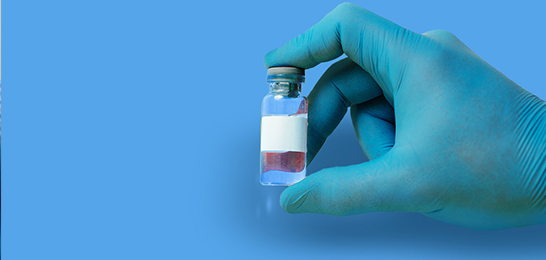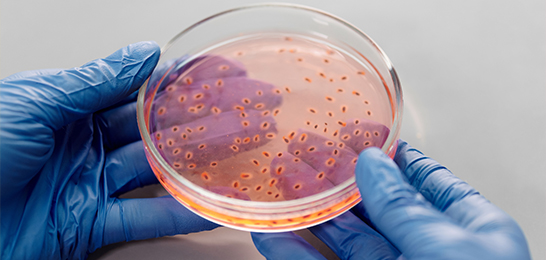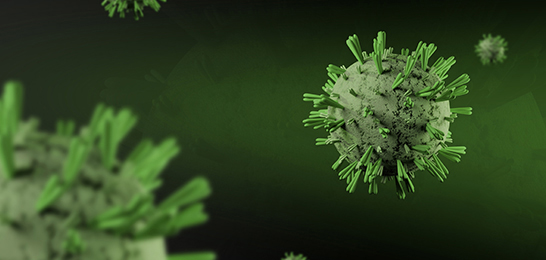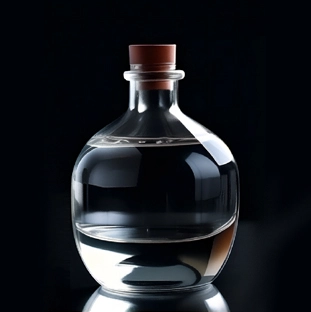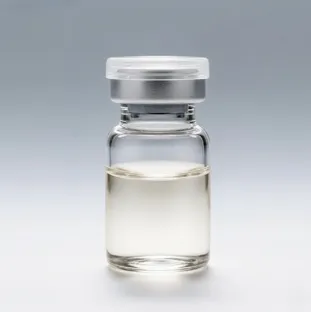Published Date: Oct 26 2023
The harmful effects of exposure to ultraviolet (UV) radiation on the skin have been extensively studied. In recent years, attention has focused on the role of reactive oxygen species (ROS) generated upon UV exposure, leading to oxidative stress and ultimately contributing to premature skin aging. Recombinant human Superoxide Dismutase (rhSOD) has emerged as a promising agent in the fight against light-induced skin damage. This article provides an overview of the potential of rhSOD as an anti-aging tool specifically targeting light-induced skin aging.
Understanding oxidative stress and skin aging:
UV radiation from the sun triggers the production of ROS within the skin, which overwhelms the natural defense mechanisms of cells. Oxidative stress resulting from increased ROS levels damages DNA, proteins, and lipids, leading to a decline in the skin's resilience and overall appearance. Consequently, UV radiation is considered one of the primary factors in premature skin aging, such as the formation of wrinkles, hyperpigmentation, and loss of elasticity.
The role of Superoxide Dismutase (SOD):
Superoxide dismutase is one of the body's most potent antioxidants, playing a crucial role in the neutralization of free radicals, particularly the superoxide anion (O2-). However, endogenous SOD levels often become overwhelmed during prolonged or intense UV exposure. Recombinant human Superoxide Dismutase can augment the skin's natural defense system against oxidative stress, effectively reducing the damaging effects of UV radiation.
Superoxide Dismutase and its mechanism of action:
Recombinant human Superoxide Dismutase functions by catalyzing the dismutation of the superoxide anion (O2-) into hydrogen peroxide (H2O2) and oxygen (O2). The reduction of superoxide anions minimizes their potential to cause oxidative damage and subsequent skin aging. Moreover, rhSOD promotes the production of other essential antioxidants, such as catalase and glutathione peroxidase, enhancing the overall antioxidant capacity of the skin.
Clinical evidence supporting the efficacy of rhSOD:
Several studies have highlighted the potential benefits of rhSOD in protecting against light-induced skin aging. Research has shown that topical application or intradermal injections of rhSOD can effectively reduce the harmful effects of UV radiation on the skin, including minimizing erythema, sunburn cells, and DNA damage. Moreover, rhSOD has demonstrated its ability to inhibit collagen degradation and preserve the skin's elasticity.
Future directions and considerations:
While the potential of rhSOD in combating light-induced skin aging is promising, further research is required to determine the optimal dosage, method of delivery, and long-term efficacy. Additionally, clinical trials are necessary to establish the safety profile of rhSOD and evaluate its potential interactions with other agents or medications.
Conclusion:
Recombinant human Superoxide Dismutase holds significant potential as an innovative approach to counteract the damaging effects of UV radiation on the skin. Its ability to neutralize superoxide anions and boost the antioxidant defense system offers a promising avenue for developing therapeutic interventions against light-induced skin aging.

